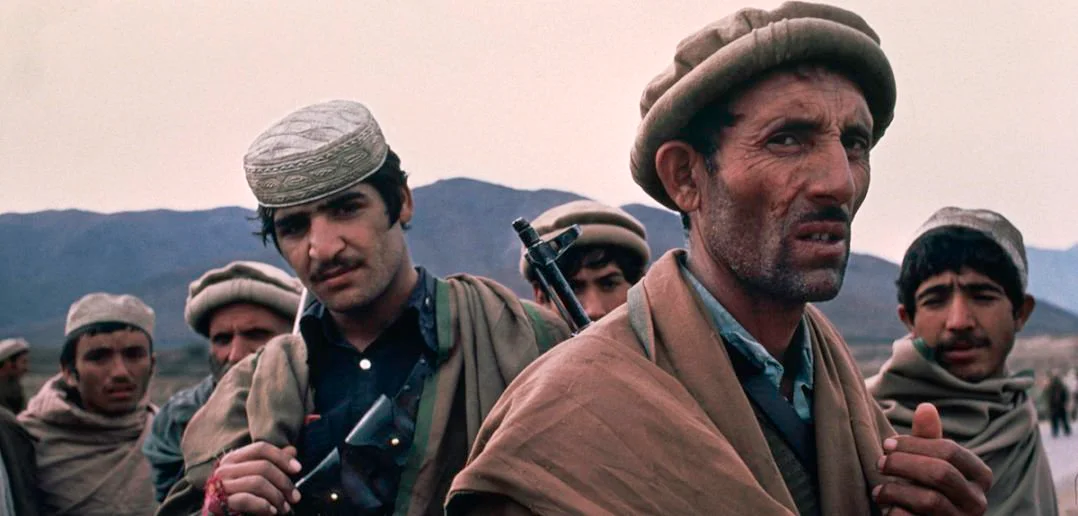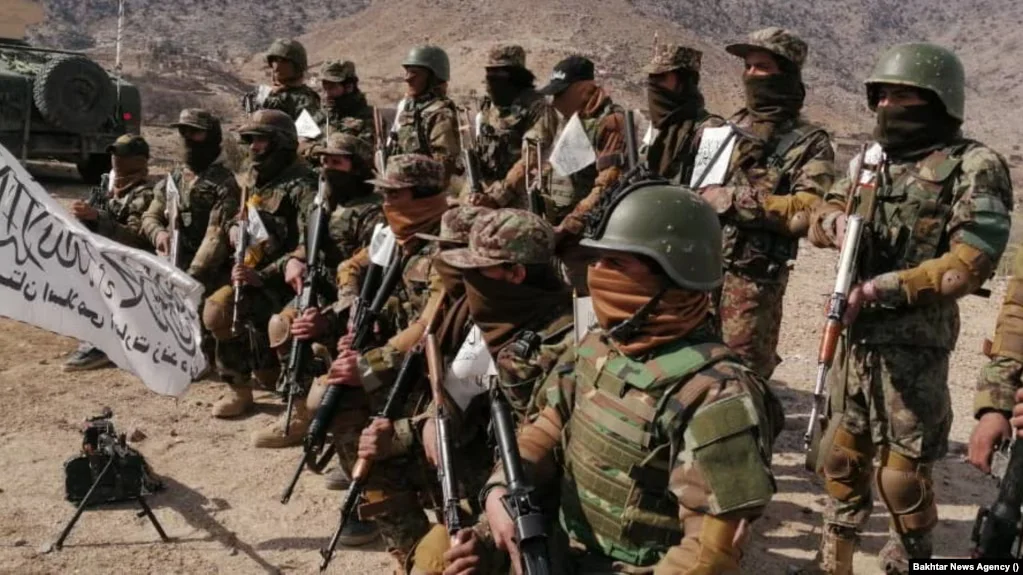The recent round of negotiations between the Pakistan Government and the banned Tehreek-e-Taliban Pakistan (TTP) in June 2022, led by 53-member Grand Tribal Jirga, has triggered a debate in Pakistan regarding whether or not negotiating with the TTP is a bad choice for the state. As instances do not take place in isolation, to proceed on this point of argument necessitates consideration of how historically the rise and fall of such groups—militant, sectarian, and religio-political—indicate their prevalence in response to certain internal and external factors.
Pakistan-TTP Negotiations: Irritants in the Peace Process
After the government has confirmed negotiations and has welcomed TTP’s announcement of a ceasefire for an indefinite period of time, the demand originating from Chairman PPP, Bilawal Bhutto, who also holds the Foreign Minister portfolio in PMLN’s Shehbaz Sharif’s cabinet, to take the matter into the Parliament when a Grand Tribal Jirga is in the midst of the third round of negotiations, equals to delaying or sabotaging the whole process that has been in practice for several months now.
Also Read: Afghanistan Endgame or a Beginning of a New Game?
Doesn’t it indicate that coalition partners forming the present government haven’t been on board? Additionally, allegedly influenced by the criticism of Farhatullah Baber, Mohsin Dawar and Afrasiab Khattak, the PPP has reportedly issued show-cause notices to its ministers who went to Kabul for talks with the TTP.
This is concerning because during the past years, despite ideological differences, to establish legitimacy, the TTP has also aligned itself with the goals of certain sub-national parties indulging in exploitive politics, mostly the Baloch and Pashtun, particularly located in Pakistan’s tribal belt; the area which serves as TTP’s support base.
Similarly, TTP’s support for a far-right religio-political party TLP during its April 2021 countrywide protests is also evident.
Evolving Threat Matrix for Pakistan
As war always stays instrumental in bringing change, Pakistan’s on-off talks with the TTP since the Islamic Emirate of Afghanistan’s (IEA) takeover of Kabul has been a part of the stick-and-carrot strategy to neutralise a cross-border militant threat which is in fact ideological, ethnic and regional in nature.
The containment of such a threat matrix necessitates the employment of both hard and soft approaches as the purpose is to trim down TTP by delinking those with a tendency of reconciliation so hardcore elements can be neutralised through force.
Notably, from 2012-2015, Pakistan was able to convince defecting elements from TTP’s major groups, such as a Punjabi Taliban faction led by former Jaish-e-Muhammad, Asmatullah Muawiya. Also, TTP’s post-Afghan War resurgence has wide ranging implications due to Al-Qaeda and ISK-P’s presence in the region.
Since 2020, more or less ten anti-Pakistan militant groups have joined TTP, including the four major factions that got separated in 2014.
TTP’s Resurgence
Notably, from 2014-2018, Pakistan military’s actions have led to the TTP’s decline. But its resurgence under Noor Wali Mehsud has seemingly caused the group to deprioritise undiscriminating attacks on the Pakistani targets, especially civilian targets to exert pressure on the Pakistani Government, redirecting its targeted violence against the Pakistan Armed Forces and intelligence agencies. In this context, the increasing pattern of cross-border attacks targeting Pakistan security forces specifically can be observed during the last few months.
Pakistan’s hybrid approach combining both hard and soft strategies toward TTP is in fact an effort to neutralise a compounded threat matrix that involves both internal and external factors.
Here it is significant to consider, that although TTP downplayed its transnational Jihad goals after IEA takeover in Afghanistan, earlier in April 2021, Al-Qaeda publicly came out over its relationship with the TTP. Furthermore, public messages of the Islamic State of Khorasan Province (IS-K) revealed its soft spot for the TTP, hence defecting TTP elements can also strengthen IS-K in the region if not neutralised.
Also Read: Afghanistan and the Great Game 3.0
Given this, TTP in fact, also serves as a case study for its historical connection with the Afghan Taliban, Al-Qaeda, and the IS-K in the region. Although the association of certain TTP-linked elements with Afghan Taliban has complicated the process of TTP negotiations with Pakistan, the recent mediation holds the tendency to kick-start a process containing the prevalent threat of a developing threat matrix. Talks initiated in consequence to weeks of Pak-Afghan cross-border tensions triggering Pakistan’s retaliatory airstrikes on militant hideouts inside Afghanistan which has also impacted Pak-Afghan diplomatic relations compelling Pakistan to urge Afghanistan’s IEA regime to take decisive action in line with the Doha Agreement, hold credence as it prompted the formulation of tribal jirgas to pave the way for negotiations.
In this way, the involvement of Pashtun tribal elders from Pakistan and Afghanistan, in addition to IEA’s influence over TTP has brought the group to the negotiation table.
A Predictable Outcome?
War was never a solution and it never will be.
Based on three main factors, the tendency for the success of negotiations is greater than it has ever been in past; first, IEA seeks international legitimacy and the Pakistan-TTP negotiation has now become a test case for them to demonstrate their commitment to the agreed upon Doha Agreement. Secondly, due to the convergence of interests in the past with the United States and the US installed Ghani Regime, the TTP peace deal with Pakistan was allegedly considered a direct threat as the TTP continued its support for the Afghan Taliban against allied forces.
Thirdly, none of the senior TTP leadership has refused to negotiate. TTP co-founder and senior commander, Khorasani, also completely supports the current negotiations, unlike 2014 when he sabotaged both sides’ dialogue.
While Pakistan cannot afford any political settlement at the expense of compromising its sovereignty and peace, necessary leverages still exist for Pakistan to negotiate a viable political settlement.
However, for that, Pakistan needs to refocus its Afghan policy.
The article is originally published by The Nation. The views expressed in this article are the author’s own and do not necessarily reflect the editorial policy of the South Asia Times.

![Pakistan TTP Negotiations [Image Credits: AP]](https://southasiatimes.org/wp-content/uploads/2022/06/AP22138450889608.webp)





